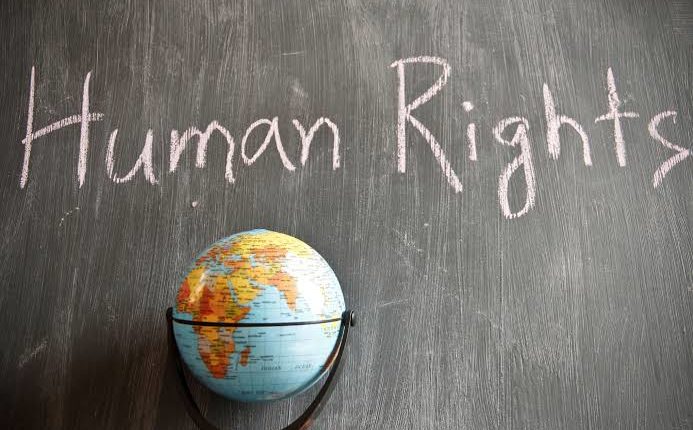Support the Government in Resolving the Papua Human Rights Case
By: Abner Wanggai) *
Resolving cases of human rights violations in Papua has become the government’s top priority at this time. These efforts are a reflection of the presence of the state for the community while preventing human rights violations from happening again in the future.
The case of human rights violations in Papua is still a polemic until now. Sensitive cases which are judged to have multiple layers of problems sometimes make it difficult for a number of parties. Coordination between victims, government, and institutions that function as facilitating media still faces several obstacles. It is not the government that is buying time, but solving a problem is not as easy as turning the palm of the hand.
Papua Regional Police Chief Inspector General Paulus Waterpauw said there were currently 13 cases of alleged human rights violations in the area and were ready to be followed up.
Nevertheless, cases of alleged human rights violations that occurred under 2002, such as the Mapenduma case were considered to be still awaiting political decisions and are currently still being worked on by the Attorney General’s Office and Komnas HAM. The North Sumatra Police Chief confirmed that the perpetrators of human rights violations were security forces.
In fact, according to the news there are a number of cases where the perpetrators came from members of the National Police. However, the case has been dealt with, for example namely, the case in Yapen. The perpetrators who were suspected of being members of the Mobile Brigade had been legally processed. While others have been reported to the National Human Rights Commission. Cases of human rights violations occurred in several areas. Among others; Biak, Paniai, including the Yapen area.
He explained that members of the National Police had been equipped with a variety of knowledge and skills, including in terms of handling armed criminal groups (KKB). So that later will not be accused of violating human rights.
Earlier (Former) Coordinating Minister for Political, Legal and Security Affairs Wiranto straightened the case of government accusations that playfully handle human rights violations in Papua. Wiranto said there were still some obstacles when investigating these cases.
Wiranto said that the case was not because the government was reluctant, but there were technical issues related to the rule of law that could not be fulfilled. He admitted that he had received up to 12 reports of alleged gross human rights violations. However, after conducting the study, only three cases of alleged human rights violations remained.
The three cases allegedly involved gross human rights violations, namely Wasior in 2001, Wamena in 2003, and Paniai in 2014. Constraints in the field, according to Wiranto, between Komnas HAM and the Attorney General’s Office which still often experience differences of opinion are what make the resolution of cases be longer.
What has been found by the National Human Rights Commission is then handed over to the Attorney General, checked, then studied, analyzed, so it has not been fulfilled to be continued in court proceedings. So the data will be returned again. So this process takes time, added Wiranto.
Meanwhile, the Wasior and Wamena cases are in the process of being finalized. Especially for the Wasior case, there are obstacles related to the rule of law.
For information on Wasior, the High Military Court 2 of 2003 has tried eight police officers who have permanent legal force. Note here is that in 2003 the court for the National Police was still included in the military court. If one case has been completed with a judicial process, it certainly does not need to be punished twice. He reiterated, if the government is not playing games in solving human rights problems in Papua. But indeed the fact is constrained by technical things that cannot be met.
He also alluded to if the case was still heralded, there had been no handling, whereas out of the 13 cases only 3 were left. Even that is technically constrained, not because the Government washes its hands.
The coordination of a number of parties to solve a problem is crucial. So that synchronization between several parties that handle problems will get a meeting point. Therefore, the government continuously appealed to all elements of society, especially in Papua to be able to work together. Especially now that the media which is supposed to provide truthful reports often distort the facts.
It is not impossible that the technical obstacles mentioned will be easy to deal with if the relevant parties support the completion of these human rights violations priorities. Even though it is difficult, in reality the government is still committed to completing this case in a perfect manner. Is not this commitment as a form of attention and protection of Indonesian citizens. Mari, supports all forms of positive government steps to overcome the problems that are currently affecting Papua. Do not just be able to fuel all the negative responses and accuse the government of being the root of the slow resolution of the Papua problem.
) * The writer is a Papuan student living in Yogyakarta
